
Chihuahuas are the kings and queens of the dog world, or so they think. They are pint-sized dogs with a royal personality to rule the house and whatever else they might want. Chihuahuas are a popular breed for many reasons, the first being that they’re so versatile. Chihuahuas can have short or long coats and come in many different colors and markings. Second, their small size and likable personality make them a fabulous companion to take with you wherever you go. Last, they are intelligent and energetic without requiring years of specialized training. A Chihuahua dog can be a saucy little thing that thinks it’s larger than life and expect everyone else to treat it as such. They love nothing more than to be at home playing with their family.
![]()
![]()
![]()
![]()
![]()
![]()
![]()
![]()
![]()
![]()
Did You Know?
- Chihuahuas are one of the longest living dogs. They can live up to 18 years, so if you get one as a puppy make sure you are ready to love and care for him for a long time. If you adopt a Chihuahua as a 2 or 3-year-old know that you have many more years to enjoy his larger than life personality.
- Chihuahuas will rule the roost and take over the home they live in if given the chance. If you don’t want to give up your favorite seat to your pint-sized dog then train him young. Establish ground rules, be consistent and firm, and your loving companion will know to be obedient.
- They are the smallest dog breed. With their small size, Chihuahuas are prone to get chills in colder climates. If you take your Chihuahua outside for walks or playtime in cooler temperatures, be sure to put a warm sweater or doggie coat on him. They can also get chills if they are out in wet weather, so dress him accordingly.
- Chihuahuas are not the best dog if you have young children. In fact, sometimes a Chihuahua breeder will not sell to families that have children under the age of eight. With the Chihuahua’s small size, they are liable to be more easily injured if they are played with too roughly.
- He might be a pint-sized Chihuahua puppy but he still has a lot of energy that needs to be put to good use. He needs a minimum of 30 minutes of exercise every day. He can go much longer than you might think but be sure to keep an eye on him. If he doesn’t get the proper outlet for his energy he is likely to find his own entertainment, usually in the form of being destructive.
- Chihuahuas can be reserved around people and even other dogs. It is this trait that makes them one of the best watchdogs of all times. Chihuahuas that have been properly socialized from early on can be kind to people and other dogs, but they will still be on their guard in their own home.
- Remember that your sweet Chihuahua will think he can take on obstacles and even dogs much larger than himself when he feels threatened. Watch him so he doesn’t get mouthy with an aggressive dog that is larger than he is.
Breed Characteristics
Adaptability

Adapts Well to Apartment Living: 5/5
Good for Novice Owners: 4/5
Tolerates Being Alone: 1/5
All-Around Friendliness

Affectionate with Family: 5/5
Dog-Friendly: 2/5
Friendly Toward Strangers: 2/5
Health Grooming

Amount of Shedding: 2/5
Easy to Groom: 5/5
General Health: 2/5
Trainability

Easy to Train: 4/5
Intelligence: 4/5
Tendency to Bark or Howl: 3/5
Exercise Needs

Energy Level: 3/5
Exercise Needs: 1/5
Potential for Playfulness: 4/5
 History
History
They get their name from the state of Chihuahua, Mexico. The fact of exactly where they came from and how they came to be in Mexico is a bit convoluted. As of recent studies and archeological finds, it seems the Chihuahua breed descended from the Techichi. At first, people thought they were a breed brought over from Europe by the Spanish but more evidence suggests that they were in Mexico long before Europeans set foot there. Toltec carvings depicting a very similar looking dog, one with a large head and large ears like a Chihuahua, have been found dating back to the 9th century. Many wheeled dog toys that represent the Chihuahua have been unearthed across Mesoamerica from El Salvador to Mexico. The oldest one found dates back to 100 A.D. which is over 1400 years before the first Europeans arrived in Mexico.
Dogs that resemble the Chihuahua have been found in the Great Pyramid Cholula, ruins of the Chichen Itza, the Tres Zapotes, and ruins of the Casas Grandes. The purpose of dogs at the time is still unknown; some believe dogs lived in the temples and were used in Aztec rituals. It is thought that Aztecs believed the Techichi had mystical powers that enable them to see the future, heal the sick, and safely guide the souls of the dead into the underworld. The Aztec also used the Techichi as a food source and pelts.
American tourists first encountered the little dog when visiting Chihuahua, Mexico in the late 19th century. A few were brought back to America as pets and became developed as a North American breed. They were first shown in 1890 and the first Chihuahua registered with the American Kennel Club was a little Chihuahua named Midget. She was registered in 1904. The long-haired Chihuahua is believed to have been crossbred with either a Papillon or Pomeranian. They gained popularity in the 1930’s and 1940’s when they became associated with dance king and Latin Singer Xavier Cugat. Since then they have risen in popularity, consistently rating in the top 15 most popular dog breeds in America, according to the American Kennel Club.
Size
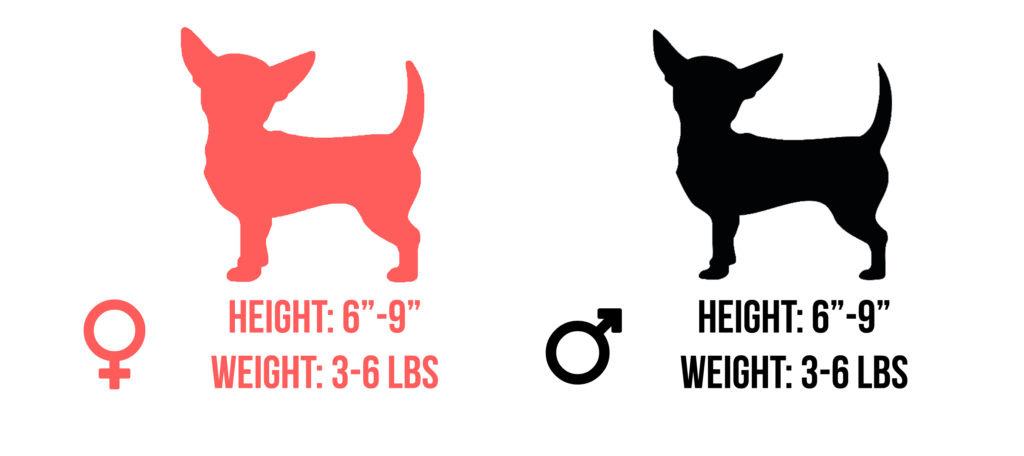 Most Chihuahuas will weigh between 3 and 6 pounds. Some can be smaller but usually have more health complications. Others can be larger and weigh up to 12 pounds, these larger Chihuahuas are great for families with children. They usually only stand about 6 to 9 inches at their shoulder making them the smallest breed. There are occasional outliers that grow between 12 to 15 inches tall. Even puppies from the same litter can have drastically different heights and weights.
Most Chihuahuas will weigh between 3 and 6 pounds. Some can be smaller but usually have more health complications. Others can be larger and weigh up to 12 pounds, these larger Chihuahuas are great for families with children. They usually only stand about 6 to 9 inches at their shoulder making them the smallest breed. There are occasional outliers that grow between 12 to 15 inches tall. Even puppies from the same litter can have drastically different heights and weights.
Appearance
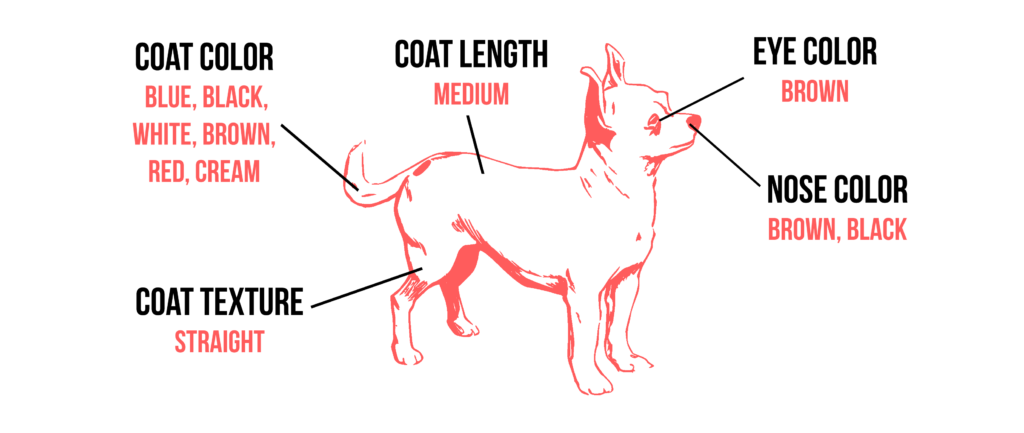 As was mentioned, the size of a Chihuahua can vary greatly. The only set traits of their appearance are their large, round eyes and large, erect ears, set in a high, dramatically rounded skull. Their coats can either be long or short. The texture can vary from smooth and silky to rough and wiry.
As was mentioned, the size of a Chihuahua can vary greatly. The only set traits of their appearance are their large, round eyes and large, erect ears, set in a high, dramatically rounded skull. Their coats can either be long or short. The texture can vary from smooth and silky to rough and wiry.
Their coats can come in almost any color combination and markings. They can have a solid, marked, splashed, mottled, spotted, or sable coat. Each one of these will look very different depending on the colors, there is no one color or look that is more valued than another, even in conformation shows. Common colors are fawn, red, cream, chocolate, brown, mixed, white, and black.
Chihuahuas that are put in a Show Ring do need to conform to the size requirements. These Chihuahuas are the smaller ones of the breed, weighing no more than 6 pounds and no taller than 9 inches. A larger Chihuahua does not mean he is not purebred, remember this breed has a lot of variation.
Behavior
Personality
He is a little hot tamale! Chihuahuas have a saucy personality, are fearless and alert. It is these traits that make them excellent watchdogs. They have a reputation for being spoiled, yappy and maybe timid, but they are intelligent and can be trained. When properly socialized at a young age, they are friendly to people and other dogs and are not timid. They usually have a favorite person they connect with and are loyal to. They thrive on lots of love and affection from their favorite person.
Children and Pets
Chihuahuas usually love children and get along well with them. The only downside is their size. Due to their smaller size Chihuahuas can easily be injured if they are mishandled by children. He is also liable to protect himself and bite if he feels threatened by a child or another person. In fact, many breeders will not allow families with young children to purchase a puppy from them, for the safety of the dog. If you do happen to get a Chihuahua and still have young children make a rule that they are only allowed to hold or pet them while they sit on the ground – this will prevent serious injuries. As with all dogs, make ground rules with how he is to be treated. Teach children how to approach and pet dogs and supervise all interactions between children and your dog.
Health
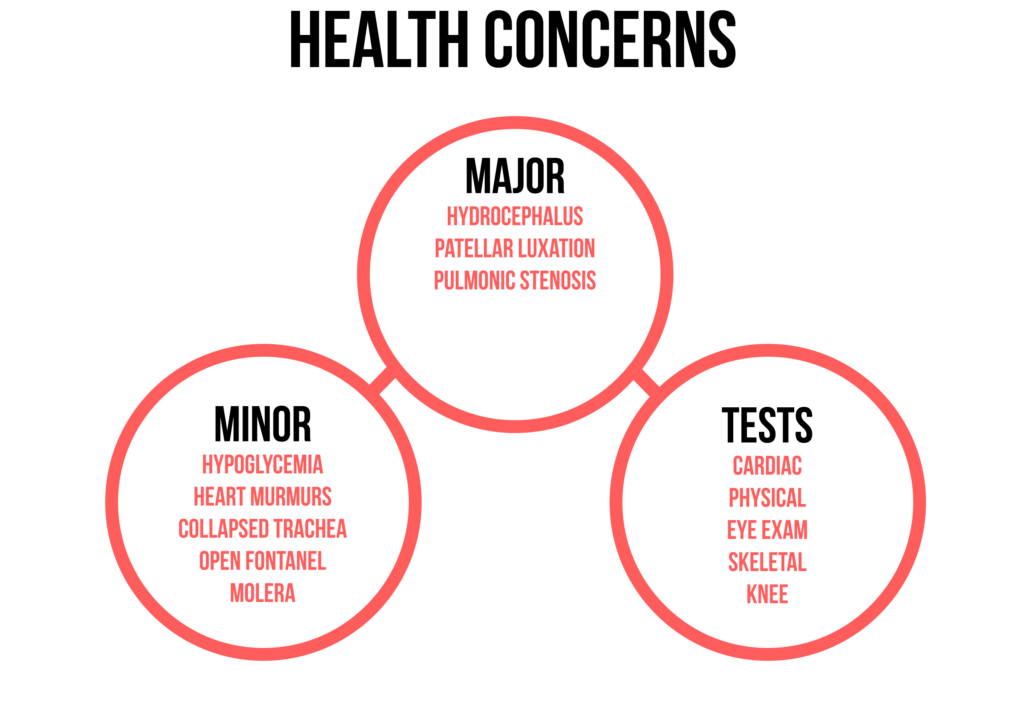 Chihuahuas are generally a fairly healthy breed but as with all breeds, there are some health conditions they are more prone to. They do not have any major health problems but can be born with medical conditions or acquire conditions as they age. It is important to note that not all Chihuahuas will have any or all of these conditions but it is good to be aware of possible health conditions they may have. If you have access to your dog’s parental health records that would be a great place to do some research and see what he may be prone to having. You can obtain health clearances for both of the parents of your dog to make sure they’ve been tested and cleared from the following conditions. Health clearances can be confirmed by checking the Orthopedic Foundation for Animals (OFA) website. Be sure to purchase from a responsible breeder that tests for health conditions in all the dogs they breed and provide vaccines and deworming prior to taking him home.
Chihuahuas are generally a fairly healthy breed but as with all breeds, there are some health conditions they are more prone to. They do not have any major health problems but can be born with medical conditions or acquire conditions as they age. It is important to note that not all Chihuahuas will have any or all of these conditions but it is good to be aware of possible health conditions they may have. If you have access to your dog’s parental health records that would be a great place to do some research and see what he may be prone to having. You can obtain health clearances for both of the parents of your dog to make sure they’ve been tested and cleared from the following conditions. Health clearances can be confirmed by checking the Orthopedic Foundation for Animals (OFA) website. Be sure to purchase from a responsible breeder that tests for health conditions in all the dogs they breed and provide vaccines and deworming prior to taking him home.
Patellar Luxation: This is a common condition in smaller dogs. This occurs when the patella (knee cap) does not line up properly with the Tibia and/or Femur. This causes the kneecap to slip in and out of place causing minor to severe pain. This is a condition that occurs at birth but the symptoms may not appear until much later in a more mature dog. The rubbing of the kneecap can lead to arthritis or degenerative joint disease. Minor luxation causes brief lameness in that leg while major luxation is when it can no longer be aligned manually and may require surgery to correct it.
Hypoglycemia: Hypoglycemia occurs in toy breed puppies. Chihuahuas are not immune to this, this is when their blood sugar drops and they do not have adequate glucose supplies stored in fat reserves. If your dog is listless and has grey gums he needs immediate medical attention. You can place a little bit of honey under his tongue and get him to the vet ASAP if you suspect this. It occurs in puppies when they do not have the fat stores and have been under stress or have not eaten regularly.
Heart Murmurs: This occurs when there is a disturbance in the blood flow as it goes through the chambers of the heart. It can be evidence of heart disease and needs to be monitored. This condition is diagnosed through X-rays and an echocardiogram. Once the severity is determined, it can be treated with medication or change in lifestyle.
Pulmonic Stenosis: This is a heart condition that occurs when the pulmonic valve is malformed which can limit the blood flow to the heart. The obstruction that the malformed valve causes can go from minor to life-threatening. Depending on the severity, surgery may be performed to fix the valve and decrease the obstruction. If the obstruction is minor and not interfering with the dog’s abilities, then no treatment will be needed.
Collapsed Trachea: This occurs when the trachea that carries air to the lungs collapses. Common causes for this include pulling too hard on their collar. When they are walking, if they tug and pull it can cause their trachea to collapse as well. It is advised that you either train your Chihuahua to walk alongside you without pulling or walk them using a harness instead. If their trachea is collapsed they will have a persistent dry cough that sounds like a goose honk. This can be treated medically or surgically.
Hydrocephalus: This condition occurs when Cerebrospinal fluid accumulates in the brain as a result of a congenital defect, an obstruction, or trauma during birth which places pressure on the brain. When a dog has this his head may appear to be swollen and the diagnosis can be confirmed by an ultrasound. There is no cure for this condition although dogs with mild cases of Hydrocephalus can be given steroids to decrease the pressure on the brain. Dogs with a severe case of Hydrocephalus often die by 4 months of age.
Open Fontanel: When Chihuahuas are born they have a soft spot on their head, much like a human baby. Usually, the soft spot will fully close but occasionally it does not. If you have Chihuahua with this they can live full normal lives but must be handled carefully. One hard hit on the soft area of the skull could be fatal.
Shivering: If you have ever seen a shivering Chihuahua, its normal. The exact reason as to why they shiver is not exactly known. They shiver when they are stressed, excited, or cold. If it is due to the cold, put a sweater on him!
Maintenance
 Care
Care
They have a surprising amount of energy for a dog of their small size. They do need exercise and training just like all other dogs. He would love a daily walk but is also happy to just chase a squirrel in the backyard or play fetch. He can go for a much longer time than you might expect, be sure to not overwork him to the point of exhaustion. Though they love to play outdoors, he is not an outdoor dog. He needs to be inside; remember, he was bred to be a companion dog and needs just that. Chihuahuas should be trained and will respond well to training. The earlier they are socialized with people and other dogs, the better behaved he will be with new people and situations. To help give him the physical and mental stimulation he deserves you can put him in agility or obedience courses. Chihuahuas do surprisingly well in agility and obedience competitions. Don’t think just because he is small he can’t be destructive, he can be, maybe not as much as a lab puppy but he can chew his way through pillows. Even the smallest of all dog breeds needs proper training. They housetrain fairly easily if they stick with a consistent schedule and take them out close to the same time every day. Crate training is highly recommended. Train him to see his crate as a safe place to sleep or be when you are not home. Never leave him in a crate all day. This is meant to be a safe place for him to go. Dogs that are crate trained will do better if they have to be boarded or stay at a veterinarian for a period of time.
Feeding
As with any dog, make sure to purchase high quality, nutrient dense dog food. Ask your veterinarian what food blend would be best suited for your dog. Factors such as age, size, and activity level will make a difference on what kind of food he needs and how much. Typically, Chihuahuas will need ¼ cup to ½ cup of dry food a day. It is recommended that this amount is divided into two separate meals, one in the morning and one at night.
Grooming
Chihuahuas can come with a long coat or a short coat, both require about the same amount of grooming. They do shed year-round and more heavily in the Spring and Fall, but with a dog this size, you may not really notice. Weekly brushing will usually be all the grooming they need aside from an occasional bath. They shouldn’t need to be bathed more than every month or two unless they get dirty playing in the mud. If you want to bathe them more frequently you can, just be sure to use a shampoo formulated for dogs that won’t dry out his coat and skin.
His ears will need to be cleaned out regularly with a cotton ball, you can get an ear cleaning solution recommended by your vet. You damped the cotton ball with the ear cleaning solution and gently wipe his ear clean, avoid going into the depth of the ear. Some Chihuahuas have discharge from their eyes; if you see this just gently wipe it away with a clean damp cloth.
Chihuahua’s nails grow quickly and need to be kept trimmed. Typically, they will need to be trimmed once or twice a month. If you can hear them clack on the floor when he walks then they are too long. You can trim them or have a groomer trim them. Be aware that they do have blood vessels in their nails so if you trim them too short they will bleed and he won’t be so keen on getting them trimmed again.
Questions
Why does my Chihuahua shake all the time?
The most likely reason your Chihuahua is shaking is that they get cold easily. They are the smallest dog breed, averaging between 3-6 lbs, so they are more sensitive to weather conditions.
How long do Chihuahuas live?
The average lifespan of a Chihuahua is 12 to 20 years.
How much does it cost to buy a Chihuahua?
The current average for a Chihuahua dog is between $400 to $1,200.
Are all Chihuahuas aggressive?
No, but much like other dogs, they can become aggressive if they feel threatened. They are a smart breed and understand that they are smaller than others, so they might get nervous around small children, strangers, or other dogs. Make sure to socialize your Chihuahua and take them to different places so they can get used to different people, dogs, and situations which will help ease their anxiety and feel less threatened.
Resources
Unfortunately, not everyone that purchases a Chihuahua fully understands everything that goes into raising and training a well-behaved companion. There are many Chihuahuas puppies for sale in need of a loving home whether that be through adoption or fostering. Below is a list of Rescue agencies that have Chihuahuas. If you do not see a local rescue below you can contact a local or national Chihuahua Breed Club and ask them.
Rescue
- Chihuahua Club of America’s rescue network
- Chihuahua Rescue & Transport
- Chihuahua & Small Dog Rescue
- Available Dogs – Enchantment Chihuahua Rescue LTD
- Chihuahua Rescues – I Love My Chi
- Chihuahua Rescue
Top Chihuahua Breeders
- Breeder Directory – The Chihuahua Club of America
- Brislin Chihuahuas – Superior Temperaments, Quality & Flash
- Famous Chihuahua: Find Breeders of Chihuahua puppies!
- Chi Idols Home
- Teresa’s AKC Chihuahuas
Chihuahua Adults for Sale
If you’re interested in purchasing adult Chihuahuas, click on the links below to find what you’re looking for.
Chihuahua Puppies for Sale
If you’re interested in purchasing Chihuahua puppies, below you will find different online marketplaces that have Chihuahua puppies for sale.
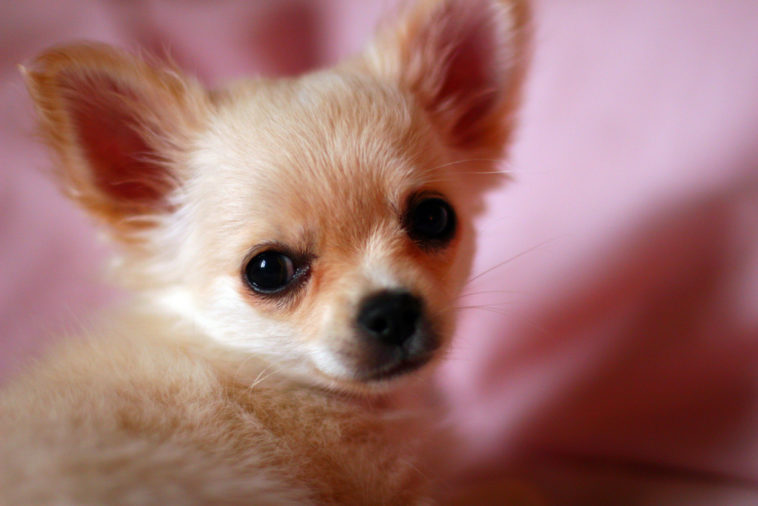
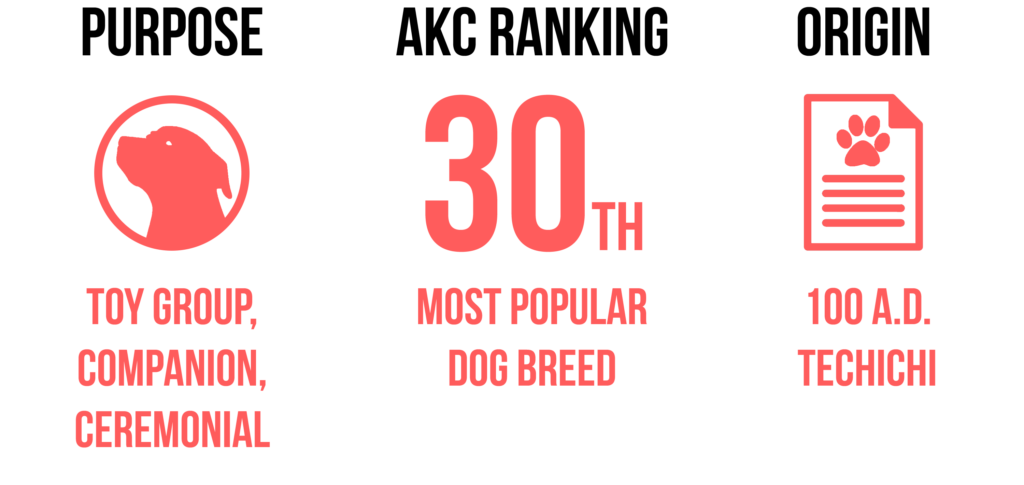 History
History Care
Care